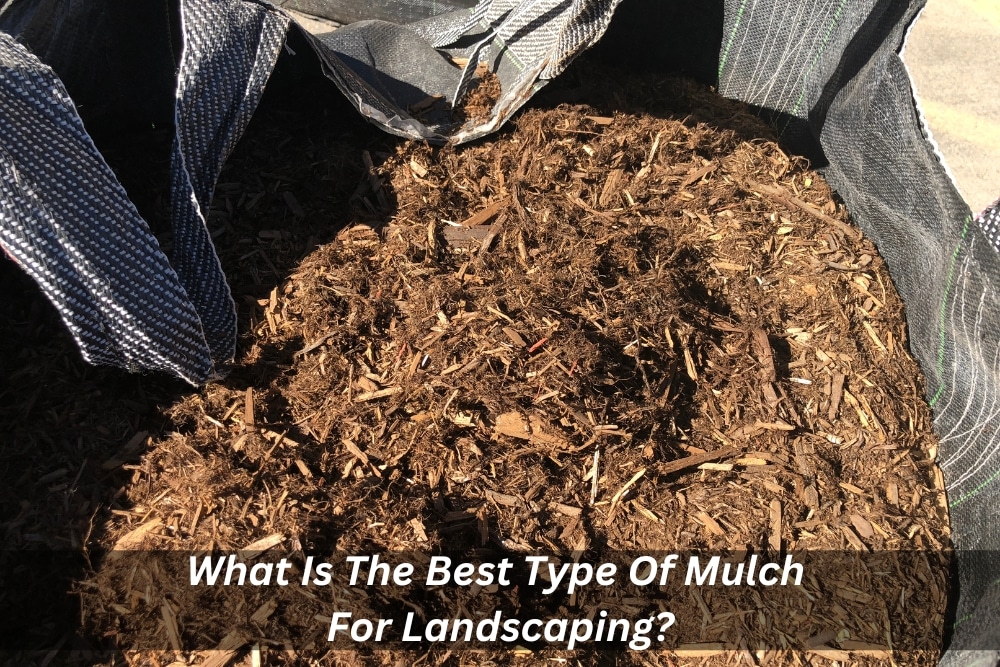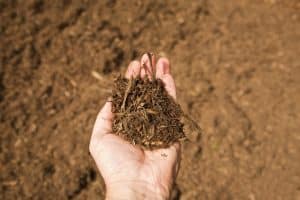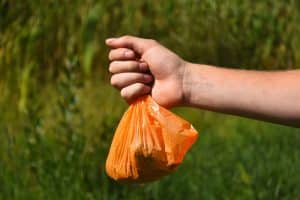Mulch for landscaping is a great way to improve soil health and add nutrients to plants. There are several types of mulches available, each offering its own benefits. Which one should you choose?
Mulching is a simple technique that helps retain moisture around roots, keeping them healthier and happier. The three main types of mulch include bark chips, wood chips, and leaves. Each has its advantages and disadvantages.
Bark chips are usually sold in bags or bulk containers. They come from trees that have been cut down and processed into smaller pieces. Bark chips are inexpensive, durable, and biodegradable. They also provide good air movement and prevent weeds from growing.
Wood chips are often sold in bundles or loose. These come from logs that have been sawed into thin strips. Wood chips are less expensive than bark chips, but they don’t last as long. They also tend to attract pests such as termites.
Leaves are usually sold by the yard. They can be used alone or mixed with other materials like straw or hay.
Leaves are very effective at suppressing weeds because they decompose quickly. However, they aren’t always easy to find. You may need to buy them yourself.
What types of mulches are there?
Mulch is an essential part of any landscape project. It’s a natural material that adds beauty and value to your property. Mulch keeps weeds under control, improves drainage, and protects the soil from erosion.
There are many different kinds of mulch available. Some are organic and some are inorganic mulches. Organic mulches are made from plant matter that has decomposed naturally over time. They’re generally more expensive than non-organic mulches, but they do offer additional benefits.
The most common type of mulch is composted pine bark. This is a mixture of dead pine needles and twigs that have been shredded and turned into fine powder. Pine bark is relatively inexpensive and it doesn’t require much maintenance.
Another popular mulch is leaf mould. Leaf mould is a combination of decaying leaves and mosses. It offers similar benefits to composted pine bark, but it requires more work to create.
Other types of mulch include:
composted manure
sawdust
straw
hay
grass clippings
leave
bark
wood shavings
sod
If you want to use mulch in your vegetable garden, here are some tips on how to get started.
- Choose the right kind of mulch.
- Apply mulch according to the needs of your plants.
- Maintain your mulch properly.
- Don’t forget about mulching!
Types of Mulch
- Bark Chips
- Wood Chips
- Leaves
- Composted Manure
- Saw Dust
- Straw
- Hay
- Grass Clippings
- Sod
- Peat Moss
- Lime
- Sand
- Gravel
- Stone
- Clay
Knowing what kind of mulch will suit your needs is important when choosing which mulch to use.
How To Use Mulch?
To apply mulch, simply place it around the base of your plants. A layer of mulch should cover all exposed soil. If you don’t have enough mulch, add more until you reach the soil’s desired thickness.
You can also mix mulch with other materials, such as sand or gravel. This makes it easier to spread out.
Maintaining Your Mulch
Once you’ve applied mulch, you’ll need to keep it looking fresh. Here are some ways to maintain your mulch:
- Keep your mulch away from direct sunlight.
- Avoid using heavy equipment near your mulch.
- Remove weeds seeds as soon as they appear.
- Water your plants regularly.
- Add new mulch every year.
- Rotate your mulch so that it stays fresh.
- Spread mulch evenly across your lawn.
- Make sure that your mulch isn’t too wet.
- Store mulch in a dry area.
- Keep your mulched areas clean.
- Clean up after your pets.
- Never burn mulch.
Benefits of Using Mulch
Using mulch helps protect your plants’ roots from drying out. It also prevents weed growth. In addition, mulch reduces evaporation and helps retain moisture.
Using mulch also helps prevent soil erosion. When you mulch, you reduce the amount of water that runs off your land.
Mulch also helps improve the appearance of your landscaping. It gives your garden bed a finished look.
When you mulch, you help increase the life span of your plants. Mulch slows down the decomposition process, making it last longer.
When you mulch, you also make your yard healthier by reducing the number of insects and diseases.
Mulch is an easy way to beautify your landscape. You just need to know where to buy mulch and how to use it.
What kind of mulch should I not use?
Some people think that any old mulch will do. However, there are certain things that you shouldn’t use as mulch. These items may damage your plants or cause them harm.
Here are some examples of mulch that you should avoid:
- Synthetic products
- Chemicals
- Pesticides
- Fertilizers
- Weed killers
- Animal waste
- Garbage
- Food scraps
- Paper
- Plastic bags
What type of mulch is most effective at keeping weeds away?
There are many types of mulch available. Some work better than others. Below are some of the best options.
Bark Chips
This type of mulch comes from trees. It’s made from thin layers of wood. Bark chips are usually used in small quantities. They’re great for protecting young plants from frost.
Wood Chips
These come from logs and branches. They’re often sold in large amounts. Wood chips are good for covering bare spots on your lawn. They also provide nutrients to your plants.
Sand
This material is ideal for covering large areas. It’s inexpensive and easy to handle. Sand is also useful because it absorbs rainwater.
Stone
These stones are perfect for covering large areas. They’re durable and long-lasting. Stones also absorb heat and cold
and hold moisture.
Grass Clippings
Clippings are made when you cut grass with a lawn mower. They’re usually sold in bags. Grass clippings are very beneficial to your lawn.
They add nutrients to your soil and help suppress weeds.
How much mulch should I apply?
The amount of mulch you use depends on what you want to achieve. If you want to keep weeds under control, then you’ll need to use more mulch.
If you want to cover bare spots on your lawn, then less mulch will be enough.
You can always adjust the amount of mulch you spread around your property. Just remember to follow these guidelines:
- Apply mulch only if you have bare patches on your lawn.
- Spread mulch evenly over the area.
- Don’t pile up the mulch.
- Use a shovel to move mulch around.
- Avoid using too much mulch. This can lead to problems such as compaction.
- Keep mulch away from tree trunks and shrubs.
- Remove excess mulch after a few weeks.
- Never use fertilizer or chemicals while spreading mulch.
- Make sure that you don’t walk through the mulch.
To make your landscaping project easier, you can hire a professional gardener. He or she can take care of all the hard work for you including mulch for your garden.
A professional landscaper knows the right tools and techniques to get the job done properly. A professional also has experience working with different materials.
For example, he or she might know which mulch works best for your particular situation.
Landscape professionals also understand the importance of giving plants the right conditions. That means they’ll know how to create a healthy environment for your plants.
If you don’t know who to call, ask friends and family members. They may recommend someone they’ve worked with before. You can also call us to find out about our services.
We offer landscape design, installation, maintenance, and repair services. We’re ready to help you turn your yard into something beautiful.



